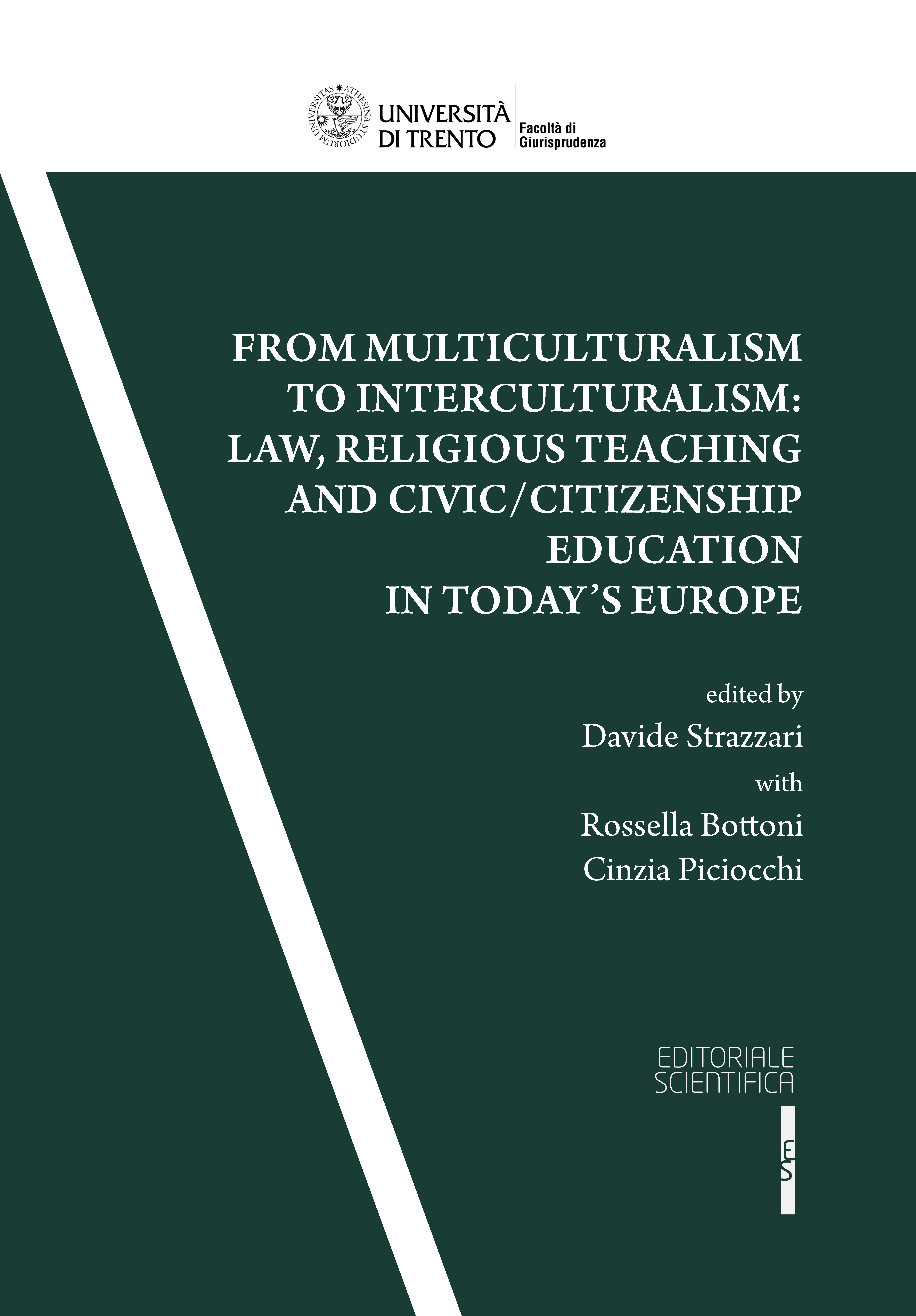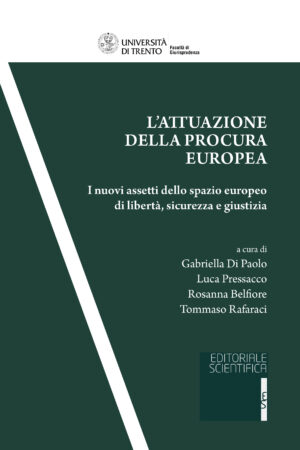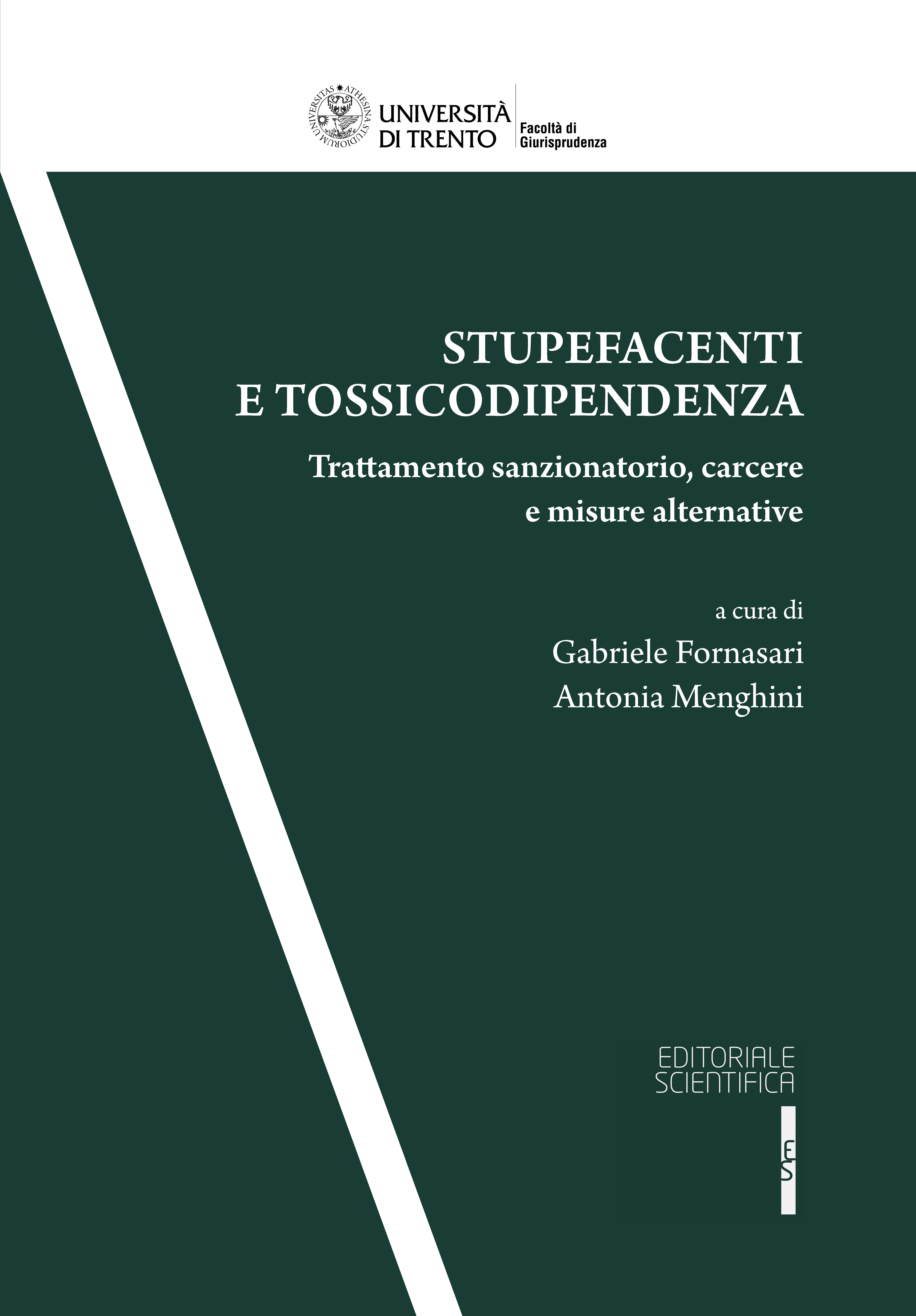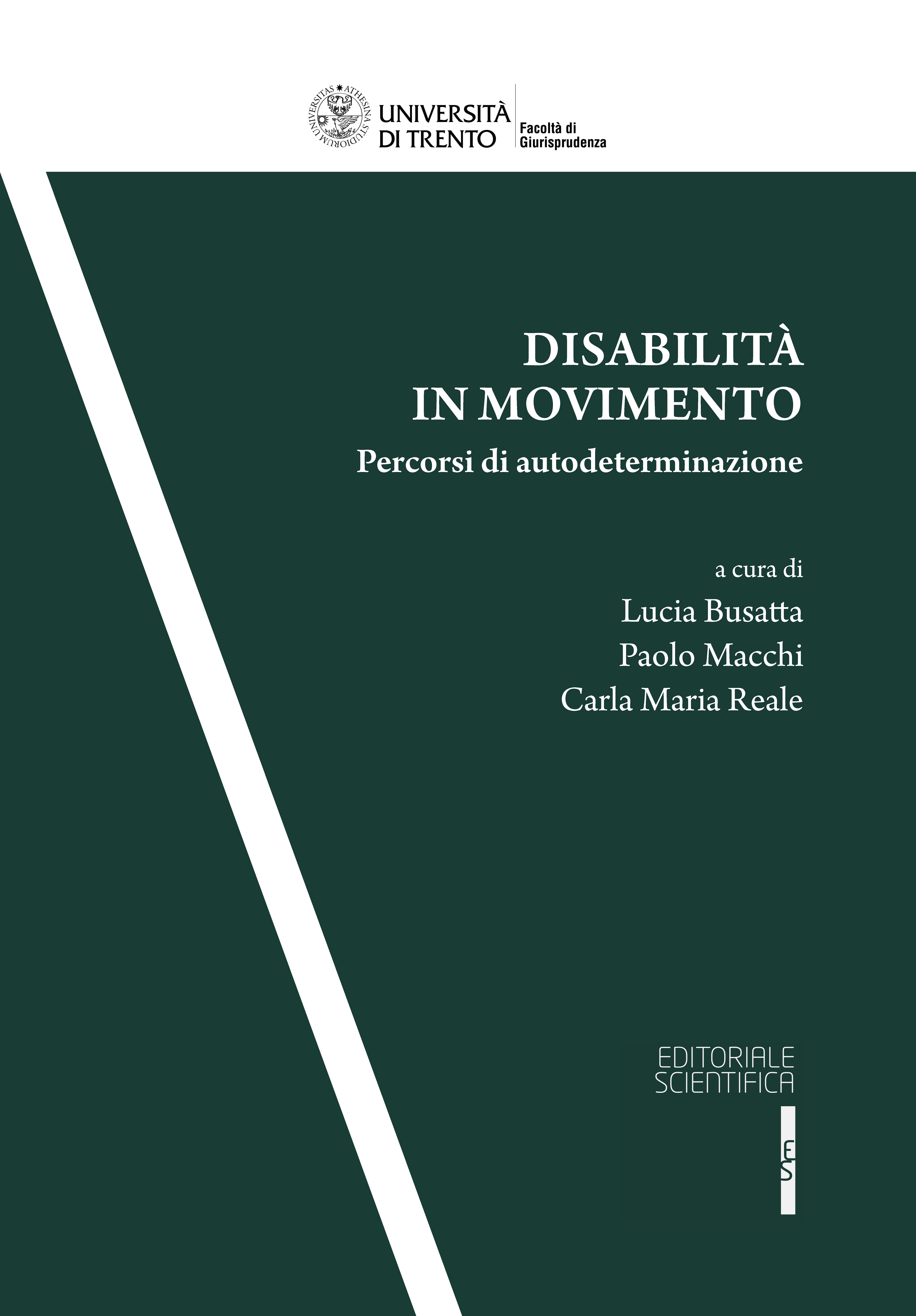Descrizione
In Europe, interculturalism rather than multiculturalism is increasingly considered as the key strategy to manage social and cultural diversity related to migration. While it does not deny the importance of cultural diversity, interculturalism nevertheless focuses on social cohesion and shared values. In that regard, the 2008 Council of Europe’s White Paper on Intercultural Dialoguehas emphasized two instruments: civic/citizenship education programmes and the introduction of teaching about religionscharacterized bya non-denominational and plural approach to religious knowledge.Have thesepushesbeen sufficient to bring about some convergence inareas that are traditionally a manifestation of national constitutional identities? This edited book tries to give an answer by considering some national experiences and drawingsome comparative remarks.
Davide Strazzari is associate professor of Comparative Public Law, Departmentof Sociology and Social Research, University of Trento. He is currently head of the Trento research unitwithin the Prin 2022 UNITE (UNIversal design for education: legal perspectives for a new conception of inTErcultural education) project.
Rossella Bottoni is associate professor of Law and Religion, Faculty of Law, University of Trento. She is member of the Trento UNITE research group.
Cinzia Piciocchi is associate professor of Comparative Constitutional law, Faculty of Law, University of Trento. She is member of the Trento UNITE research group.





